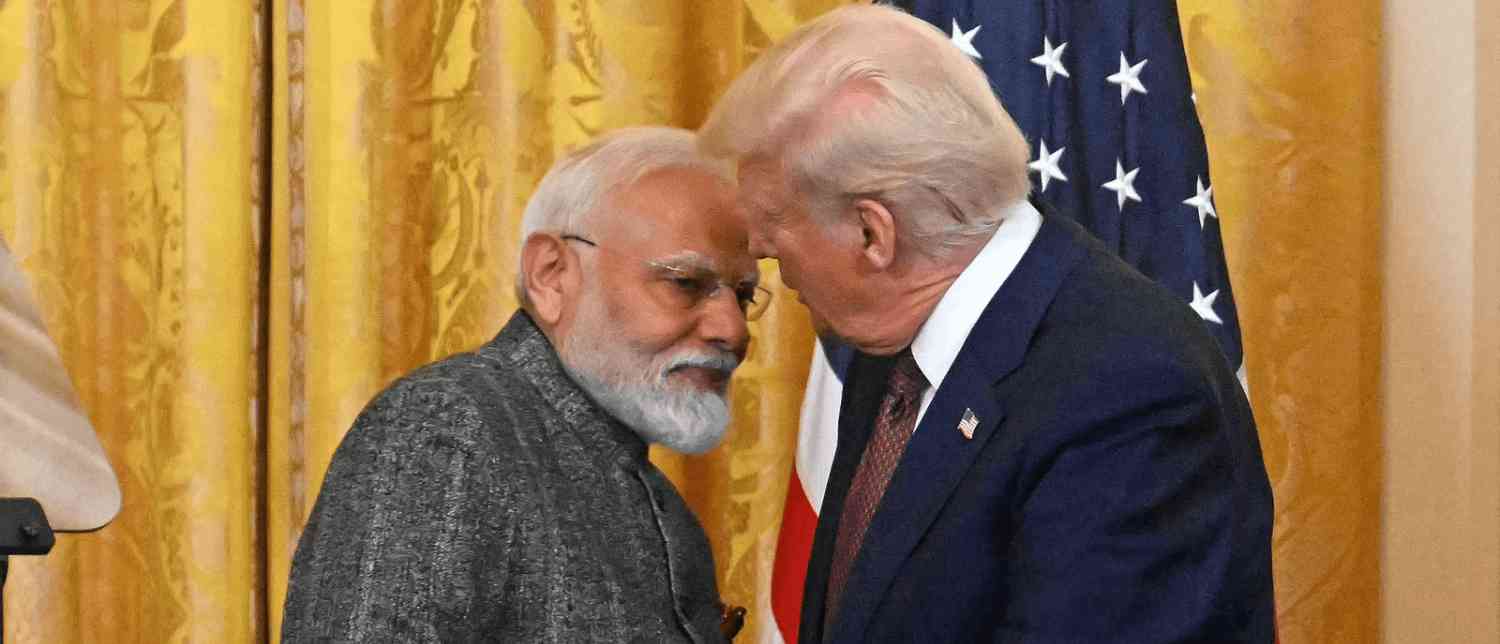The relationship between India and the United States under President Donald Trump has entered a new phase of turbulence, marked by clashing voices from within Trump’s own administration. Just a day after Washington imposed sweeping 50% tariffs on Indian exports, senior officials in the Trump team expressed sharply contrasting positions — some opting for aggressive rhetoric while others chose a more diplomatic approach.
On one hand, Peter Navarro, Trump’s trade adviser, launched a barrage of provocative accusations, directly blaming Indian Prime Minister Narendra Modi for enabling Russia’s war in Ukraine. On the other, US Treasury Secretary Scott Bessent attempted to strike a conciliatory tone, highlighting ongoing efforts to resolve disputes and keep communication channels open.
The result is a deeply complex and confusing scenario that underscores not only the strain in Indo-US trade ties but also the geopolitical consequences of India’s continued imports of discounted Russian oil.
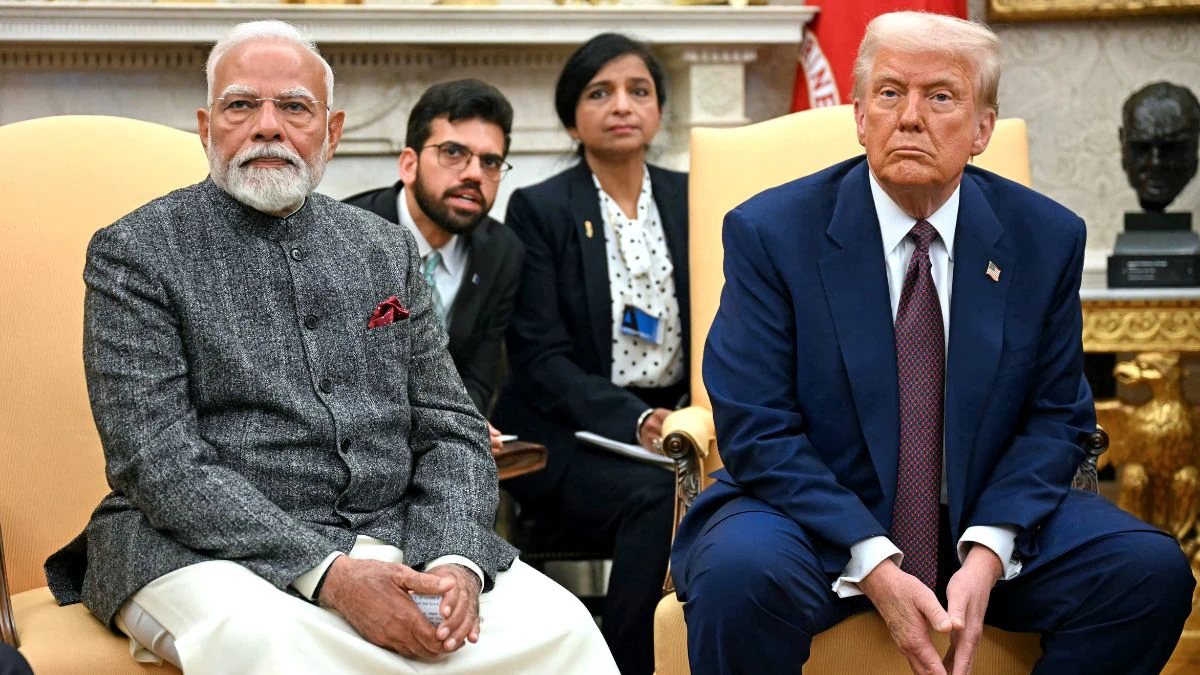
Navarro Escalates Attacks: “Modi’s War”
In a blistering interview with Bloomberg, Navarro openly accused India of worsening the conflict in Ukraine by buying Russian oil. He went as far as to describe the ongoing war as “Modi’s war.”
“If India stops buying Russian oil, it can get 25 per cent off tomorrow,” Navarro exclaimed.
He criticized India for what he described as hypocrisy on trade and energy, accusing New Delhi of hiding behind sovereignty while directly financing Moscow’s military aggression.
“What’s troubling to me is that Modi is a great leader, India is a mature democracy, and yet they look us bald-faced in the eye and say they don’t have the highest tariffs in the world, when in fact they do. Then they say we’re not going to stop buying Russian oil. Now what does that mean? Russia uses the money it gets to fund its war machine, kill more Ukrainians, and then Ukraine comes to us and Europe and says Give us more money. So American taxpayers lose because we’ve got to fund Modi’s war.”
Navarro alleged that Indian refiners are exploiting discounted Russian crude to generate profits, further intensifying the global conflict.
“When India buys Russian oil at a discount and then Indian refiners, in partnership with Russian refiners, sell it at a premium to the rest of the world, everybody in America loses,” he said. “The road to peace runs at least partly through New Delhi’s war. I mean, Modi war.”
He then delivered an unusually sharp rebuke of India’s defense of sovereignty, urging New Delhi to align with Western democracies rather than authoritarian powers.
“India, you’re the biggest democracy in the world. Act like one. Side with the democracies. You’re getting in bed with the authoritarians. China invaded Aksai Chin and all your territory. These are not your friends, folks.”
According to Navarro, India’s purchases of nearly 1.5 million barrels of Russian oil per day are enough to bankroll “a lot of drones and bombs to kill Ukrainians.” His remarks coincided with the rollout of Washington’s new punitive tariffs, which impose nearly 50% duties on Indian goods, affecting an estimated 66% of India’s exports to the US.
For context, bilateral trade between the two nations stood at $131.8 billion in 2024-25, with India exporting $86.5 billion worth of goods and importing $45.3 billion from the United States, according to PTI.
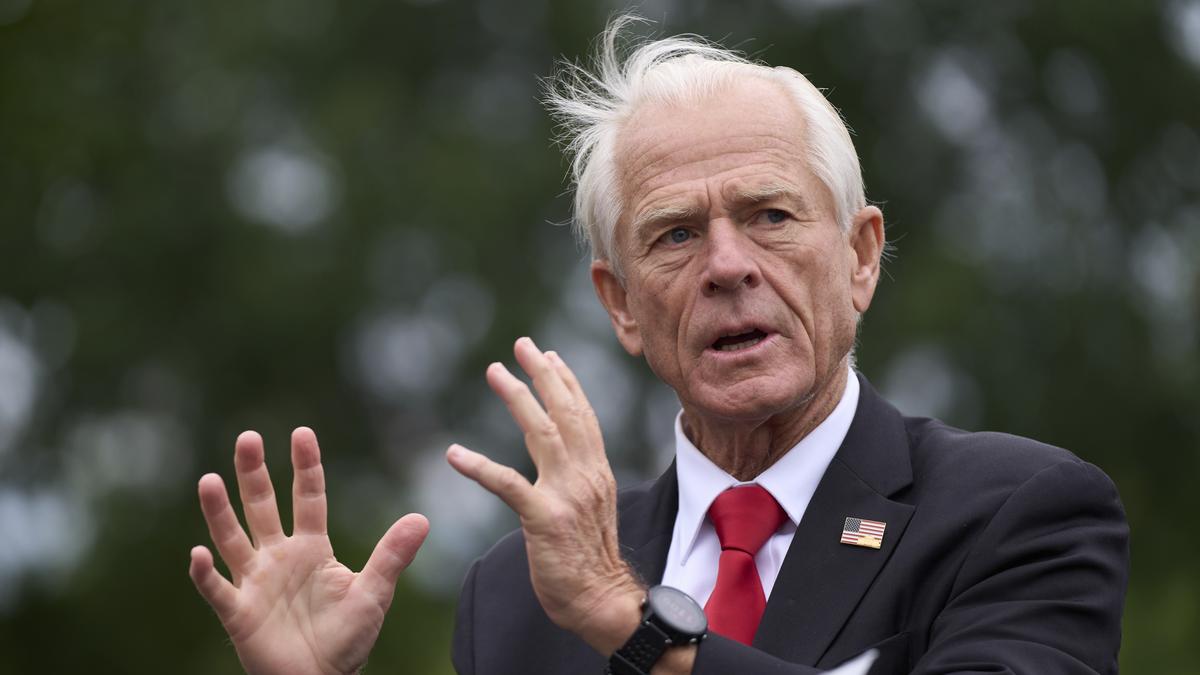
Bessent’s Softer Line: “We Will Come Together”
In contrast to Navarro’s inflammatory comments, Treasury Secretary Scott Bessent adopted a more measured tone. Speaking to Fox Business, Bessent emphasized that both sides were still engaged in dialogue and that a resolution was possible.
“I think at the end of the day, we will come together. Both sides have concerns about how this will play out, and both sides are looking to resolve them. Communication channels are open.”
However, he did not shy away from pointing out the difficulties. While acknowledging the strong personal ties between Trump and Modi, Bessent warned that the stalled negotiations and India’s continued reliance on Russian oil complicated the trade environment.
“This is a very complicated relationship. But President Trump and Prime Minister Modi have very good relationships at that level.”
He further expressed frustration with the pace of progress in trade talks, noting that India had initially shown eagerness to negotiate but failed to deliver a deal.
“I thought India could be one of the earlier deals. And they kind of tapped us along in terms of the negotiations. And then there is also the aspect of the Russian crude purchases, which they’ve been profiting from. So there are many levels going on here.”
Bessent also mocked speculation about the Indian rupee challenging the US dollar as a reserve currency, remarking:
“A lot of things I worry about. The rupee becoming the reserve currency isn’t one of them. The rupee is at an all-time low against the US dollar.”
He even turned his criticism toward US allies in Europe, questioning their reluctance to act firmly against Russian oil while pushing the US to lead the sanctions regime.
“Europe must step up. They buy refined products from Russian oil yet won’t threaten tariffs on India. This war is in Europe’s backyard — they must share the burden, not leave it to the U.S.”
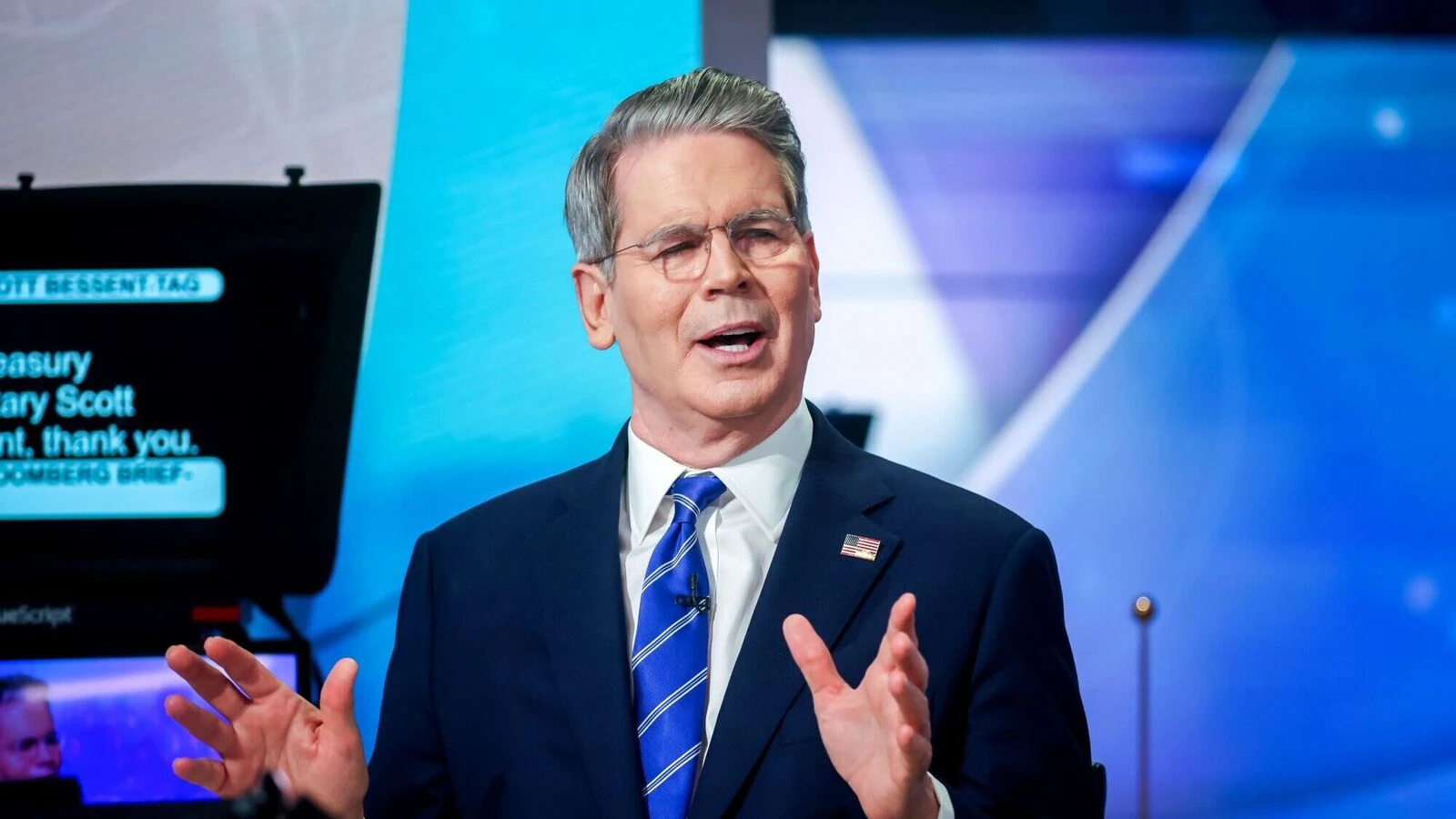
Hassett’s Warning: “If the Indians Don’t Budge”
Joining the chorus of criticism, Kevin Hassett, Director of the US National Economic Council, issued a stark warning that Trump would not back down unless India shifted its stance.
“If the Indians don’t budge, I don’t think President Trump will.”
This statement underscored Washington’s readiness to maintain its hardline tariff regime unless New Delhi altered its approach to Russian crude imports and trade negotiations.
India Pushes Back: Claims of Double Standards
In response, Indian officials rejected Washington’s punitive measures, arguing that the United States was holding India to a double standard. They pointed out that China imports far more Russian oil than India, yet Washington’s rhetoric has been disproportionately harsh toward New Delhi.
Indian negotiators emphasized that despite disagreements, “both sides have concerns on how this will play out, and both sides [are] looking to resolve.”
This diplomatic pushback reflects India’s balancing act — defending its sovereign right to secure energy supplies while maintaining its strategic partnership with the United States.
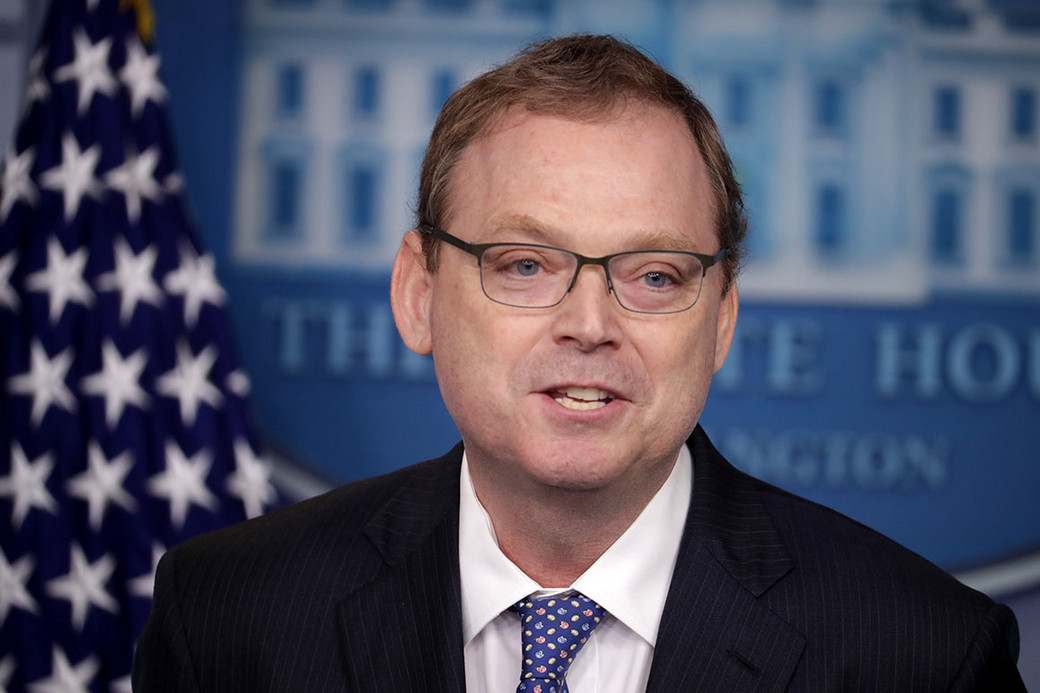
The Road Ahead: Escalation or Compromise?
Barely 24 hours after Trump’s tariffs came into effect, his top aides launched what appears to be a coordinated escalation against India — from Navarro labeling the Ukraine war as “Modi’s war”, to Bessent mocking the rupee, and Hassett signaling no compromise without Indian concessions.
The aggressive rhetoric risks hardening New Delhi’s stance in future negotiations. With 66% of India’s exports to America now under heavy tariffs, the economic costs are significant, and political fallout is likely.
Observers note that while Bessent’s softer approach offers room for dialogue, Navarro’s repeated references to “Modi’s war” have added a layer of personal accusation that could complicate high-level diplomacy.
The path forward remains uncertain. Will India and the US de-escalate through renewed talks, or will this trade and geopolitical standoff deepen into a prolonged confrontation?
What is clear is that the Indo-US relationship — often described as a cornerstone of the global strategic order — is now at a crossroads, with both sides weighing their economic interests against the shifting realities of global politics.
With inputs from agencies
Image Source: Multiple agencies
© Copyright 2025. All Rights Reserved. Powered by Vygr Media.

